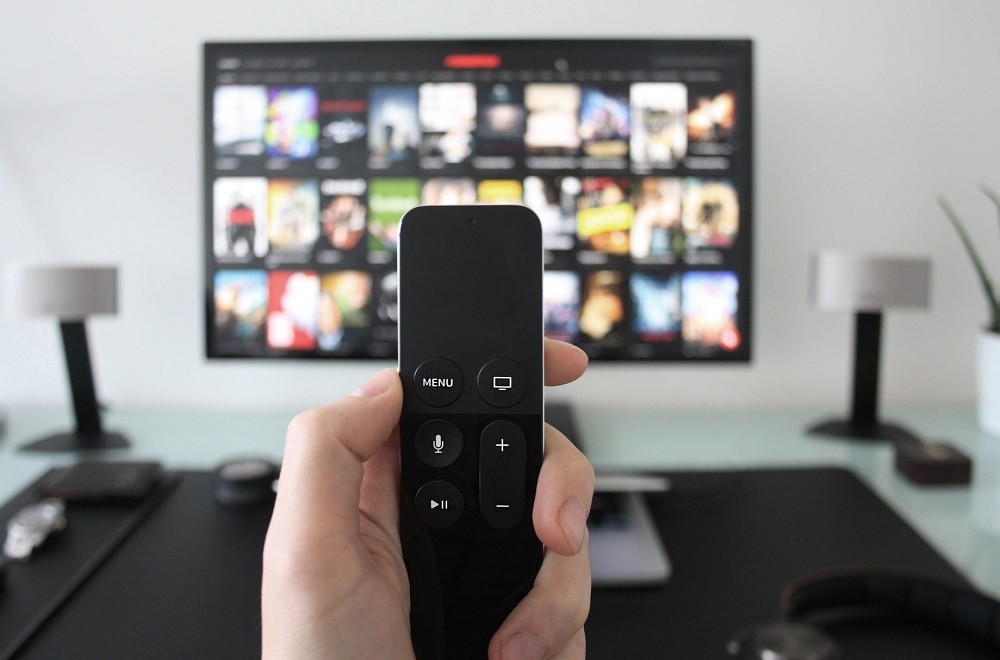In this article, I’m going to explain how your smart tv might get hacked. Everyone keeps talking about how to protect their laptops and smartphones against hackers and the sea of cybersecurity threats out there, but no one seems to be addressing the elephant in the room. Yes, that’s right smart TVs are vulnerable by design, thus making them an attractive target for those who are out to cause mayhem in the digital hemisphere.
Related: Control Smart TV with iPhone
Never Let a Hacker Sit Behind the Steering Wheel
Let’s review a concrete example. Suppose you’re running a smart TV platform and it gets hacked. Whoever managed to break through its defences now gets an opportunity to sit behind the steering wheel and enforce their will. All of a sudden, you could find yourself scratching your head in confusion as the hackers change the channel, play a random YouTube video, or raise the volume. Despite the fact they can’t steal any personal information like credit card numbers (as you probably don’t use your smart TV to store it), the very thought can be quite unsettling regardless. Would you be comfortable with someone monitoring your viewing habits despite not permitting them to do so?
There is No One-Size-Fits-All Solution
Looking at the solutions, this gets a little bit trickier. For example, Samsung smart TV owners are probably best off avoiding the remote app and expect to be safe to a reasonable degree.
However, other TV brands may be a tougher nut to crack. To stay completely safe on Roku TV, you should consider disabling the WiFi connection in its entirety. You’re best off using another streaming device altogether. If you’re extra paranoid, not using a smart tv is also an option that’s worth a thought.
You’re on your Own
The worst mistake you can do is to assume that the big brands have it all figured out and that they’ll take care of your security by design. False and false again. Several studies have exposed so many loopholes in their defences it’s not even funny. For instance, all of these are tracking what you watch, and many didn’t even get the cybersecurity essentials right. According to the Consumer Report, breaking into Roku TV, just to name one example, is far less complex than one might think.
Smart TV Sales are on the Rise
Looking at the statistics from 2017, smart TV sales accounted for about one-half of the overall TV sales for that year, meaning that every second user is likely to be vulnerable to a cyber criminal’s scheming. These models are a proven customer hit due to the fact they allow for simplified configuration of everything that’s necessary to stream content from the internet, among other things.
There’s a Hidden Database, and you’re in it
If you’re still careless enough to think this isn’t a big deal, give it another thought. Let’s say you’re a fan of a particular channel that’s built around topic X. All of a sudden, anyone who gets through your TV’s layer of protection now knows this. Since they know your location, too, they can link this kind of information with who you are. They’re building a database full of personal information, and it’s not paranoia to assume you’re already in it.
A Similar Matter Went to Court
Even the regulators are starting to recognize the risks smart TVs represent. It turned out that Vizio was collecting the data of their viewers without their consent, for which the company faced dire regulatory fines. The settlement left them $2.2 million lighter, in fact, as they were fined by the FTC. And it’s not just viewing preferences that leaked through either – they were able to study each viewer’s sex, education, real estate properties, marital status, and income level. If you think that’s the end of the story, you’re mistaken; they were also selling these to various third parties. How about that?
A Good Portion of your Privacy is in your Hands
Now for the meaty and gritty… what can you do to protect yourself? The first layer of defence takes place during the setup phase of the smart TV you’ve just purchased. Yes, this is the point of the process that gets overlooked by many – the terms of service and privacy policy. In fact, the vast majority of them glide past these without even looking at the content. Big mistake – without analyzing it, you can’t possibly have a good idea of what you’re agreeing to.
If you fear you’re irreversibly locked to whatever you agreed to at the point of setup, don’t be; there is a solution. Reset your TV to factory settings and go over the process once again. As you’re revisiting the options in front of you, it’s fine to agree to what’s necessary. That being said, you should probably not put your fate in anyone else’s hands but your own, so say no to data collection of any kind.
Finally, consider installing a virtual private network that will anonymize your actions online. Without knowing your real IP address, the bad guys will have a much harder time associating your traits, interests, and behavioural patterns with your real identity. There is another clear-cut benefit to using a VPN; you get to unlock regionally-restricted content no matter what part of the world you currently call your home. That way, you get to enjoy various kinds of content before the rest of the world gets the chance to do the same.


Leave a Reply